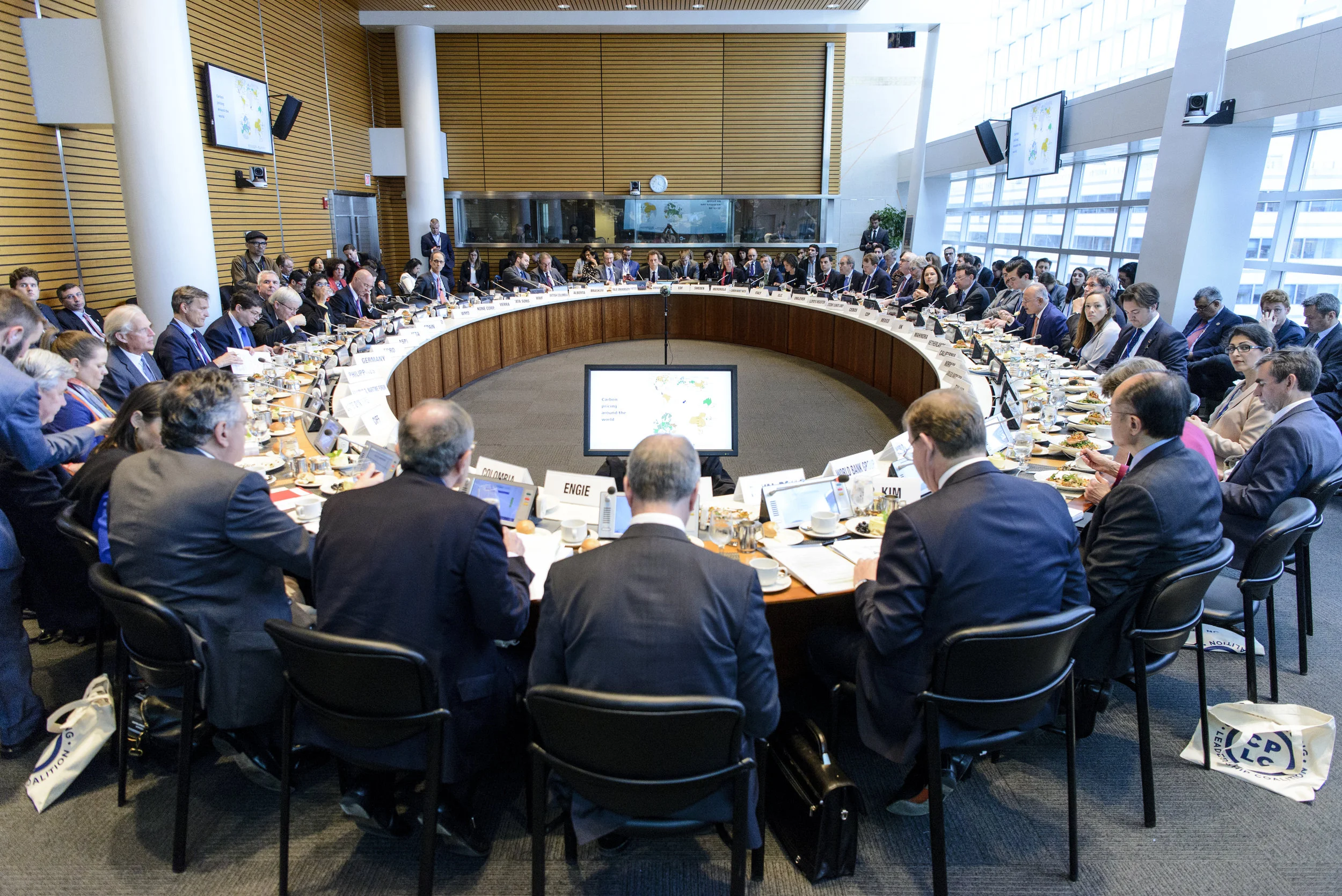Worldwide, the private sector is increasingly acknowledging the business case for investing in climate business opportunities and climate risk management. However, the question of which management approaches are most appropriate for each company is still being explored.
In a recent webinar on designing and implementing internal carbon pricing hosted by the Carbon Pricing Leadership Coalition (CPLC), the World Economic Forum (WEF) and Yale University, Unilever - one of the largest consumer goods company in the world - discussed some approaches that businesses can take, and have already taken, to implement such measures.




















